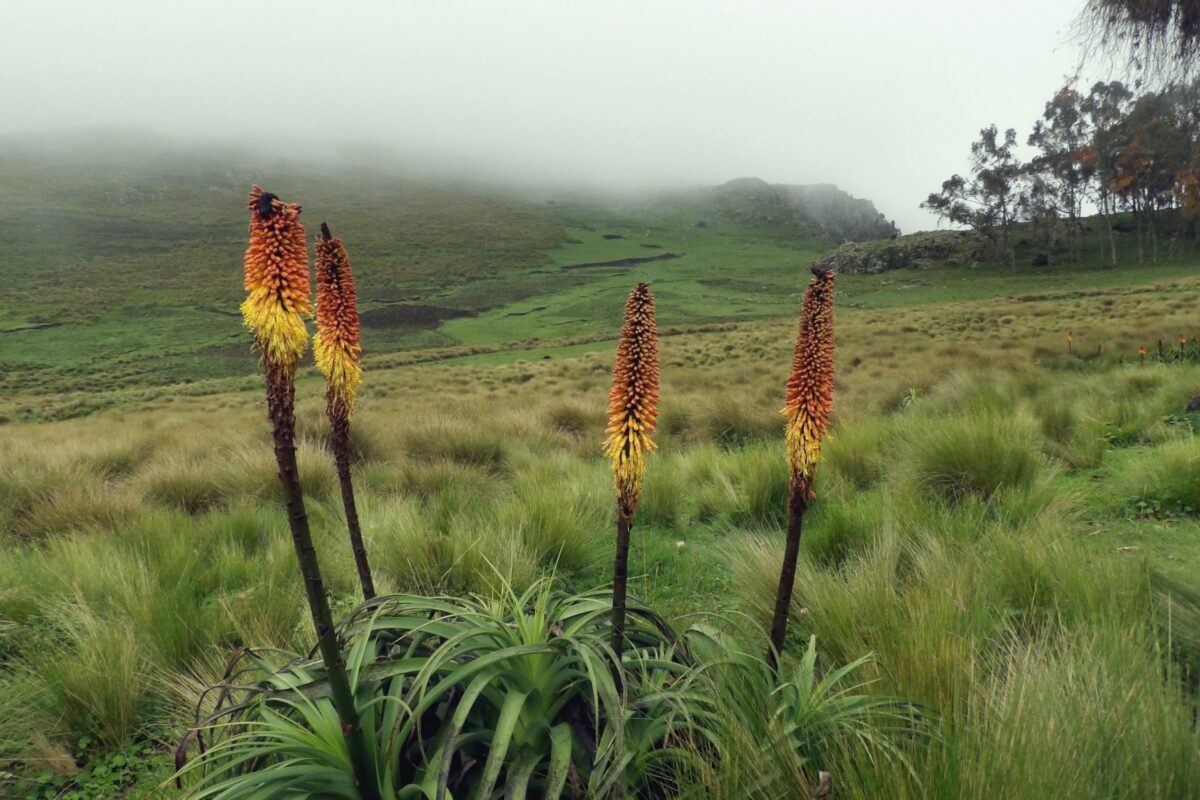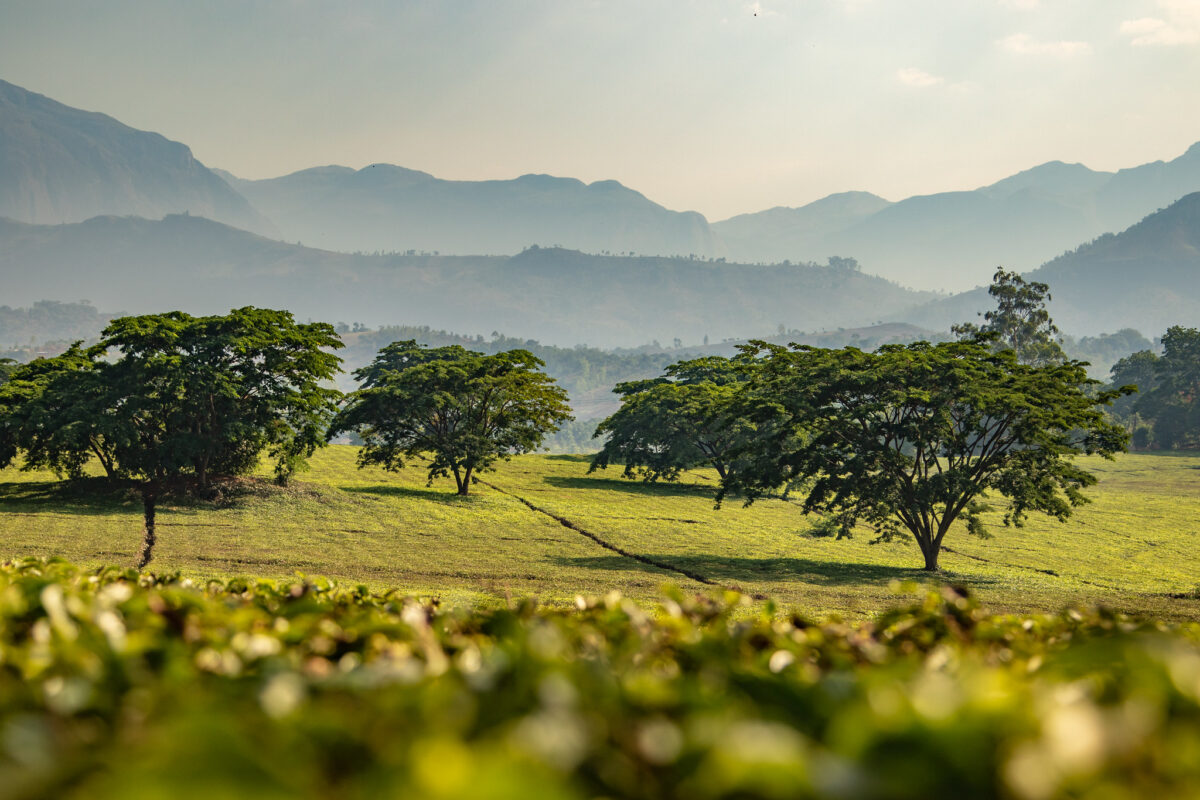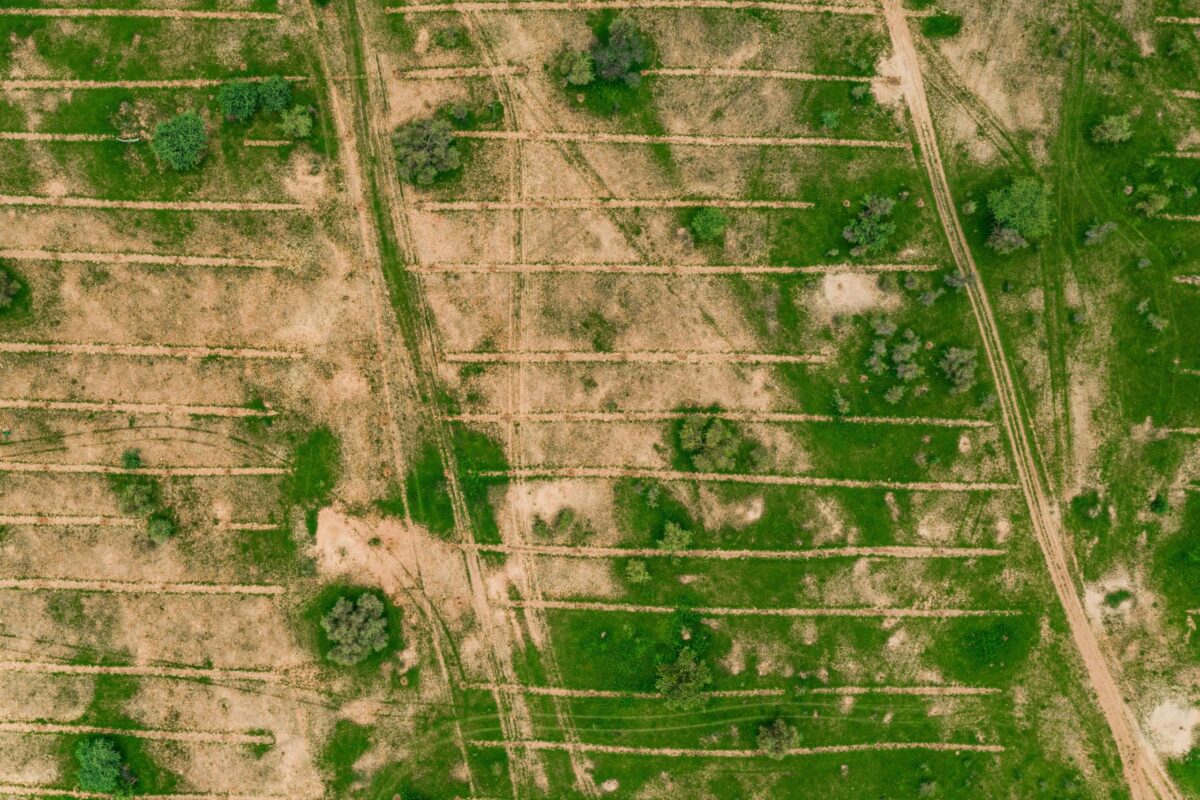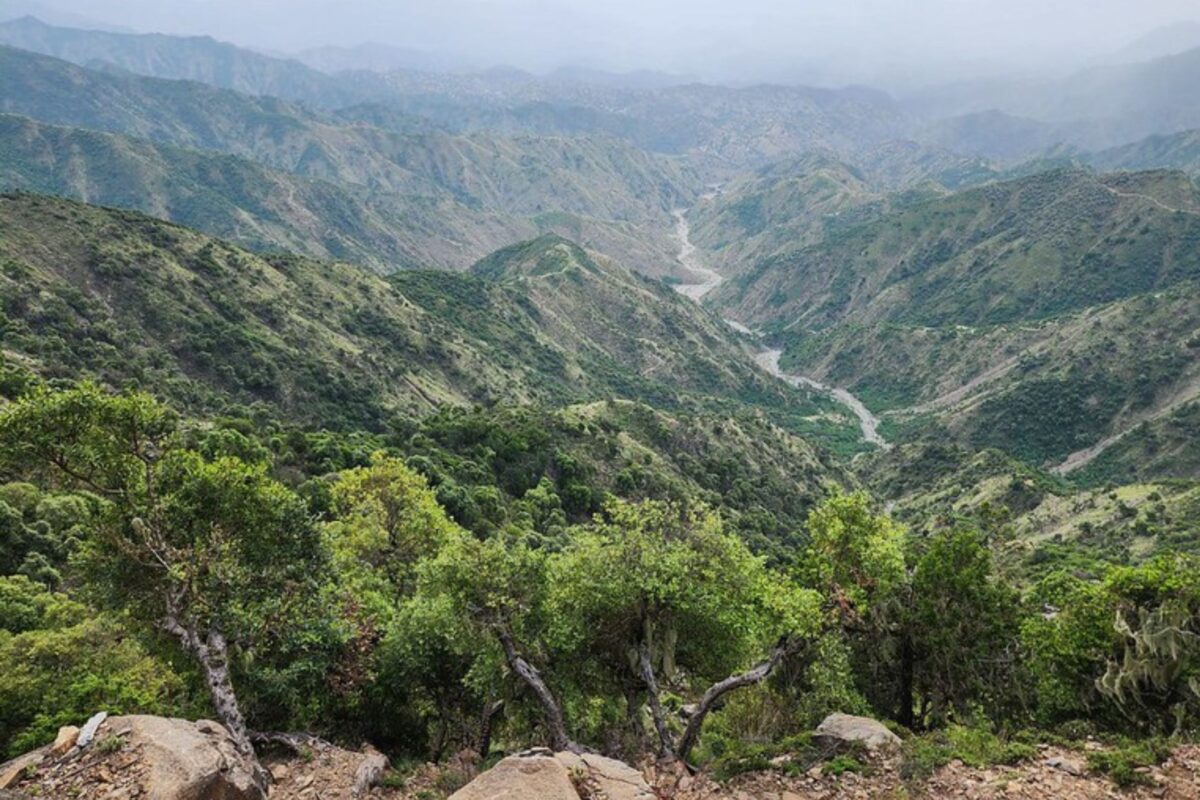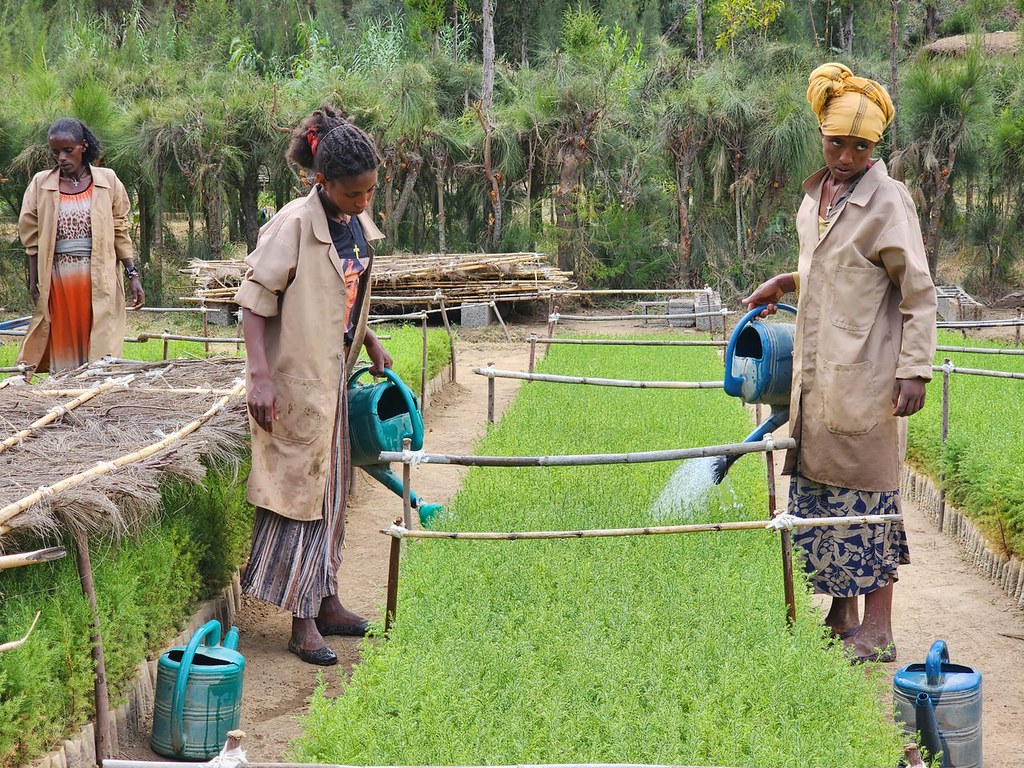Published in Current Biology in August this year, Dr. Watson and colleagues have conducted the first ever assessment of global wilderness decline.
He defines wilderness as “any area on Earth which didn’t have a human footprint”. This includes pristine rainforests, a habitat vital for climate change mitigation and adaptation.
Their paper found that over the last two decades, since 1993, 10% of the world’s wilderness areas have disappeared. This is 3.3 million square kilometers, almost the size of Europe. 2.7 of these 3.3 million square kilometers come from globally significant wilderness blocks. Urbanization, agriculture, mining and logging mostly across Amazonia (30% of intact landscapes lost) and Central Africa (14% forest loss) account for most of the loss.
“It is a catastrophic loss,” said Associate Professor James Watson, ecologist from University of Queensland and the Wildlife Conservation Society.
This loss of wilderness not only causes loss of biodiversity and ecological resilience, it also causes loss of foods, medicines, fibers, clean water and the homes of many indigenous peoples. Importantly, wilderness areas are critical strongholds of carbon storage. Their decline undermines our ability to combat climate change and make earth cooler.


